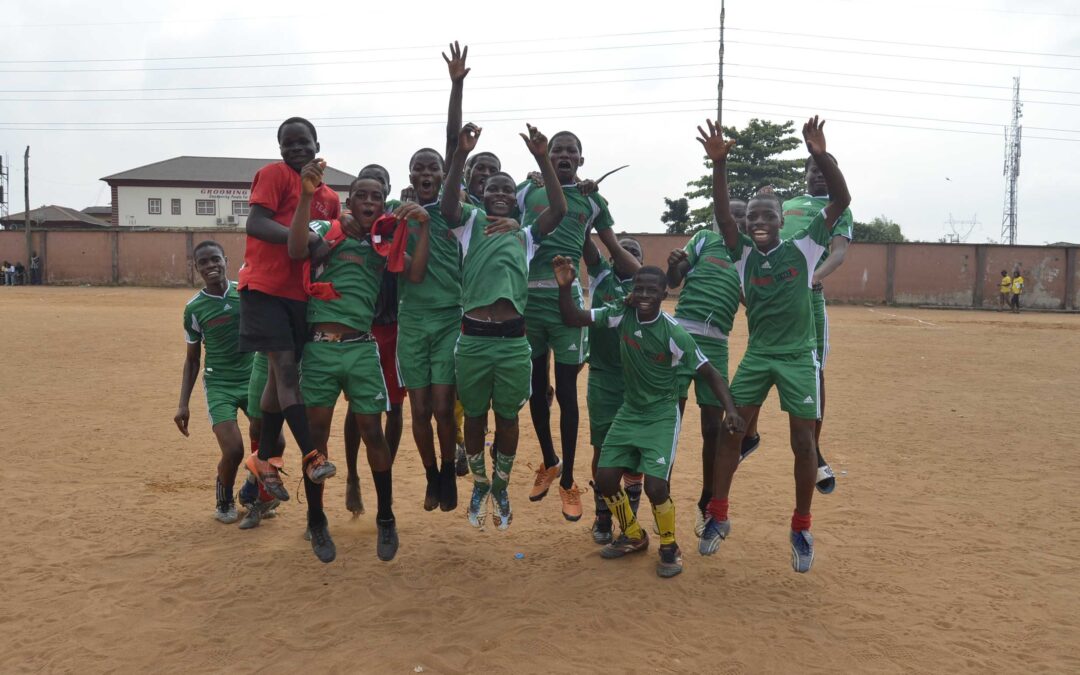Background
The mixed-methods evaluation took place from February-July 2018. NIMR provided technical guidance, especially in protocol development and data analysis. The following aims guided the evaluation a) Assess participant knowledge, attitudes, and beliefs related to SRH, HIV, gender equity, and positive identity formation b) Assess and compare the effectiveness of the program among in-school and out-of-school youth c) Identify critical components to implementation fidelity and delivery Quantitative pre-tests were administered to in-school and out-of-school participants aged 13-19 (n=258, mean age=14.8 years), including measures of SRH knowledge, gender-equitable attitudes, and health-seeking behaviours. Qualitative data was collected from February-April 2018 and included Focus Group Discussions (FGDs; n=2) with trained ‘Coaches’ who facilitate the program, and in-depth interviews (IDIs) with program staff (n=8). Descriptive statistics were calculated and qualitative data were reviewed for emergent themes, then merged for triangulation. End-line quantitative analysis is still being finalised.
Conclusions and recommendations
Low levels of HIV and SRH knowledge amongst adolescent boys demonstrate a gap in the provision of accurate HIV and SRH information and life skills building. High levels of the history of violence perpetration against girls, as well as sexual activity and low condom use indicate the opportunity to intervene early and engage boys before sexual debut, in a critical period for shaping gender-equitable norms. Continued advocacy around access to accurate SRH information in forms appropriate for and appealing to adolescent boys is necessary. Qualitative findings demonstrate initial positive program effects on both participants and facilitators, indicating the promise of this intervention in addressing the SRH needs of adolescent boys.

